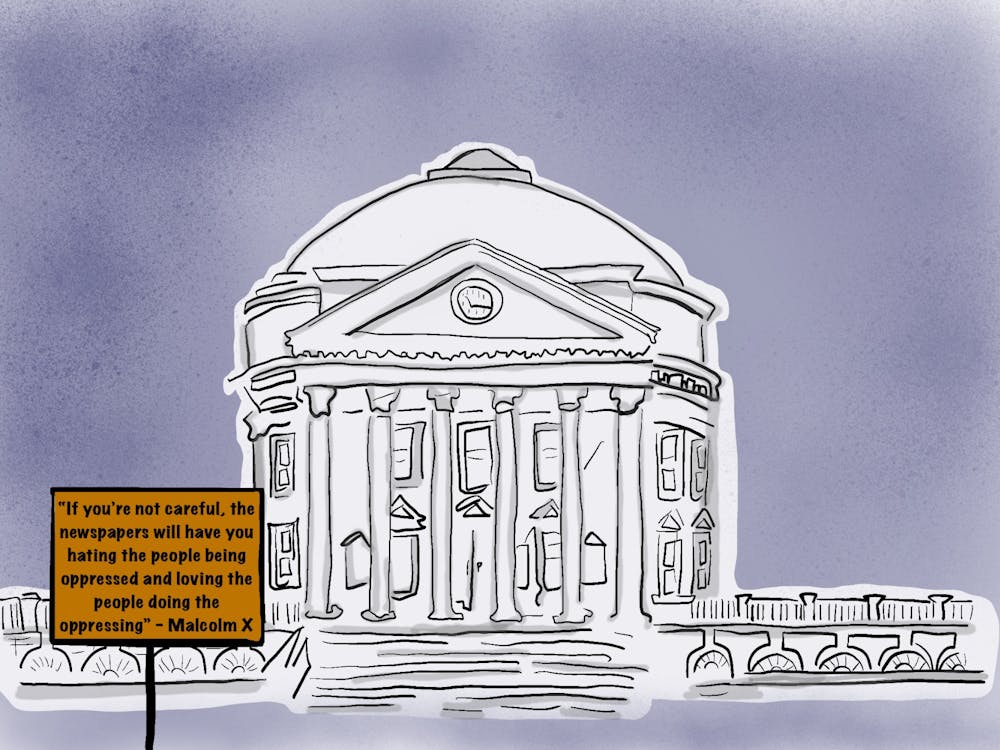The Affordable Care Act has been the subject of intense controversy since its passing in 2010. Following the passage, the American uninsured rate dropped to 11 percent by the first quarter of 2016 — the lowest in an eight-year trend. However, health plan costs have continued to rise at unsustainable levels, with premiums expected to rise by an average of 25 percent during 2017. Given that Republicans control both Congress and the presidency, the ACA was inevitably in dire straits. However, the American Health Care Act, proposed by House Republicans on March 6, does little to amend the failures of the ACA, and may in fact worsen the coverage crisis in America.
The AHCA would repeal the individual and employer mandate set by the ACA, as well as tax credits for out-of-pocket expenses. It changes how premium subsidies and Medicaid expansion is distributed, increases the limit that individuals can place into tax-free health savings accounts and allows insurers to charge older patients five times as much as younger Americans.
The changes proposed by the AHCA would carry drastic consequences. A report released by the nonpartisan Congressional Budget Office found that “in 2018, 14 million more people would be uninsured under the legislation than under current law,” and that “following additional changes… The increase in the number of uninsured people relative to the number under current law would rise to 21 million and then to 24 million in 2026.” According to Politico, White House analysis of the AHCA estimated that losses in coverage would be even more severe: “26 million people would lose coverage over the next decade, versus the 24 million CBO estimates.” Overall, however, the CBO predicted that in 2026, “an estimated 52 million people would be uninsured, compared with 28 million who would lack insurance that year under current law.”
These losses would in effect nearly double the amount of uninsured Americans. The overall United States population is projected to rise from 340 to 371 million by 2026; under the AHCA, at least 14 percent of Americans would lack healthcare coverage, compared to 7.5 percent under current law. The elderly — who are most in need of a strong healthcare system — would suffer the most from the AHCA, as tax credits for the elderly would be slashed in most of the nation. Furthermore, the AHCA would exacerbate an already-growing wealth and income inequality issue in the United States, reducing the amount of support offered to poor Americans in favor of the rich.
In cutting coverage for Americans, the AHCA would endanger the health and safety of Americans worldwide. As noted by the World Bank, an international financial institution, “ill health, in turn, is a major cause of poverty … Partly due to the costs of seeking health care, which includes not only out-of-pocket spending on care but also transportation costs and any informal payments to providers.” Poverty is closely correlated with crime; according to the Bureau of Justice Statistics, “persons in poor households at or below the Federal Poverty Level had more than double the rate of violent victimization as persons in high-income households.”
While the benefits of the AHCA appear significant at first glance, with a reduction in the federal deficit of $337 billion, such benefits are minor over the long term. The federal deficit reduction would take place from 2017 to 2026, for a mere $33.7 billion reduction each year; for reference, the estimated federal deficit for 2017 is $559 billion. In short, enacting the AHCA would only address six percent of the federal deficit at the cost of nearly doubling the amount of uninsured in America. While the AHCA is predicted to lower premiums by 2020 (with premiums predicted to be 10 percent lower compared to current law in 2026), it is expected to raise premiums by up to 15 percent in 2018 and by 20 percent in 2019. The CBO, in addition, noted that “cost-sharing subsidies would be repealed in 2020, significantly increasing out-of-pocket costs for nongroup insurance for many lower-income enrollees.”
The Affordable Care Act is undeniably flawed, in many ways. As I previously noted, the ACA needed significant reform to survive in the 21st century. The AHCA, however, does not provide the reforms necessary for the ACA, and serves only to exacerbate the ever-growing health and income inequality crises facing America. The sobering consequences would far outweigh the benefits the proposed bill offers if it were enacted into law.
William Wong is an Opinion columnist for The Cavalier Daily. He can be reached at opinion@cavalierdaily.com.




